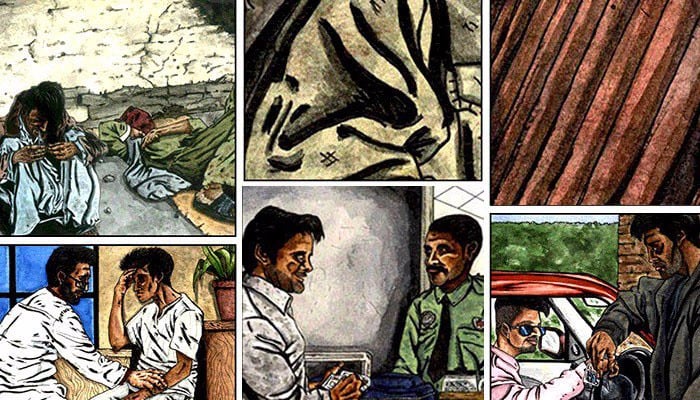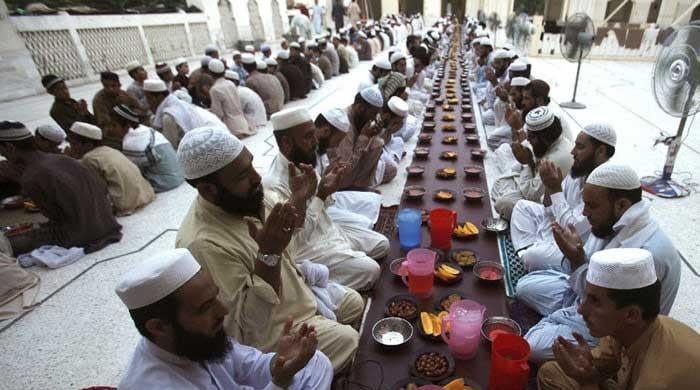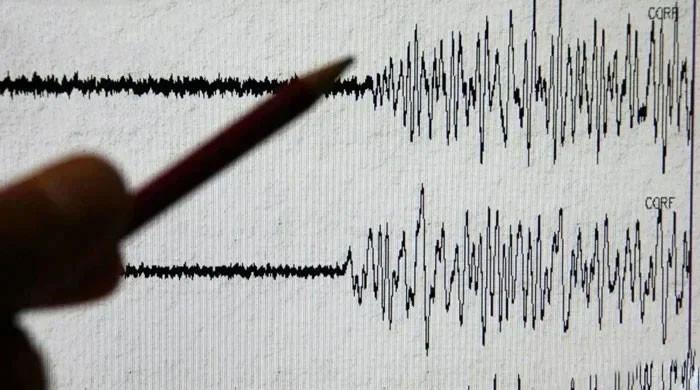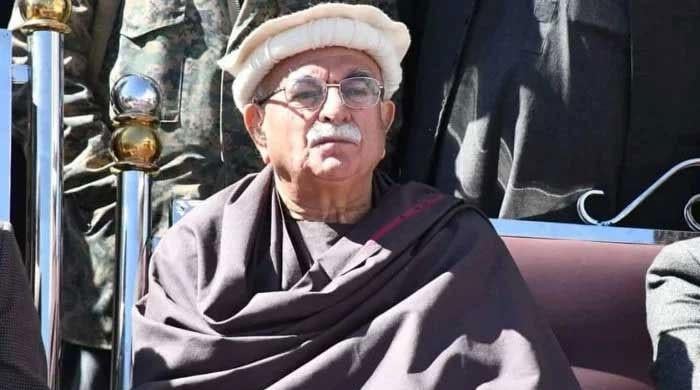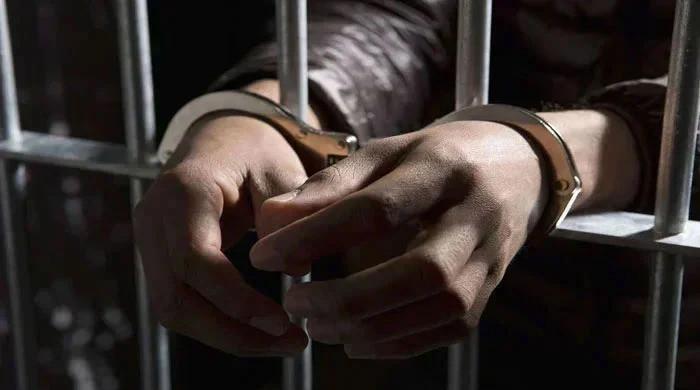A new battle against crystal meth in Khyber Pakhtunkhwa
KP govt is drafting a new bill to combat usage, manufacturing and trafficking of the highly addictive drug
January 05, 2019

PESHAWAR: The Khyber Pakhtunkhwa government is drafting a new bill to combat the usage, manufacturing and trafficking of crystal methamphetamine, a highly addictive drug.
The provincial ministry of law, in collaboration with the police, is working on the proposed legislation which will be tabled in the Khyber Pakhtunkhwa Assembly in the coming days. Previously, meth dealers and consumers could easily evade arrest and imprisonment. Under Pakistan's anti-narcotic laws, a seller needs to possess 100 grams of a drug to be convicted, while meth-sellers don't need to carry more than 50 grams to sell.
The new bill aims to close that loophole. It specifically mentions crystal methamphetamine, and its other street names such as Ice and Glass. Furthermore, separate punishments and fines have been categorised for those found possessing over 1 to 10 grams, 10 to 100 grams, and over 100 grams of Ice, according to officials privy to the development.
.
"Ice is emerging as a big challenge for the police in the province," Qazi Jamilur Rehman, the head of the Peshawar city police, tells Geo.tv.
"For this we are regularly conducting seminars in schools and colleges to educate children." Over 482 religious clerics have also been involved to talk about Ice in their Friday sermons, adds Rehman.
Last year, the police caught 341 people dealing in crystal meth in Peshawar alone and recovered 21 grams of the drug. Some of those nabbed were found selling near Peshawar University and other colleges in the city.
"We caught a large group that was making the drug from Khyber Agency, which is considered a hub for purchasing Ice these days," said Javed Iqbal, the SSP Operations.
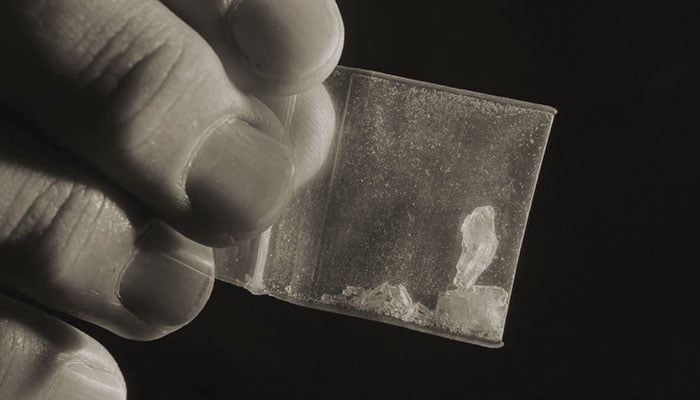
In Pakistan, the colourless substance mostly arrives from Afghanistan and Iran. Since, it is largely imported, it was a drug of choice for only the upper income class a few years ago. In those days, a single gram could cost between Rs5,000 to Rs8,000. Now, local laboratories have been sprouting up, especially in Jamrud, a town west of Peshawar. Today, a gram can go for as low as Rs1,500.
"At these mixing factories, only one kilogram is brought from abroad," explains a police official. "It is then mixed locally to expand it to 12 to 15 kg, after which it is sold in Peshawar."
Ice has been sounding alarms in the Khyber Pakhtunkhwa for a while now.
Last month, the minister of state for interior, Shehryar K Afridi, provided some startlingly high figures of users. He told the media that 75 percent of female students in the federal capital and 45 percent male students are addicted to crystal meth. The claims could not be substantiated. Nevertheless, the state is serious about fighting the drug and work to tackle the problem on a national level has begun.
.
.
The federal government has drafted its own bill to outlaw Ice, which recommends punishment up to life imprisonment for smugglers. It further identifies 2,000 users in Peshawar alone.
Noman Ali, 26, has been using the drug for the last seven years. He was first introduced to it by his friend, who worked as a security guard outside a girls' hostel in Abbottabad. Soon the drug consumed him. He had to shut down his family jewellery store and lost over Rs500,000.
"The government needs to help drug abusers like us," Ali said. He suggests the government set up more rehabilitation centres. "The existing ones are private and very expensive. If the state doesn't help us, who will?"
